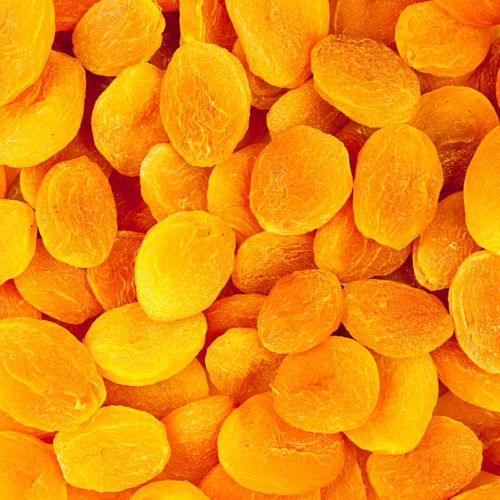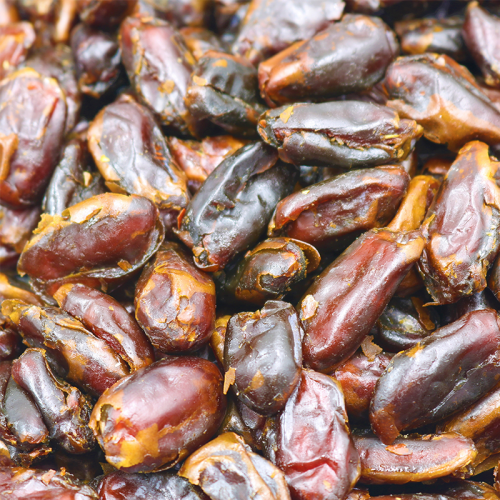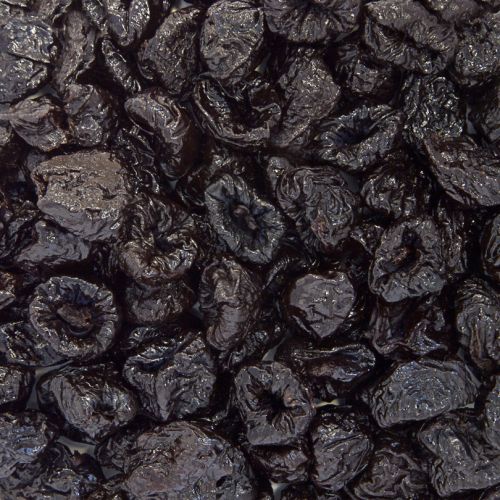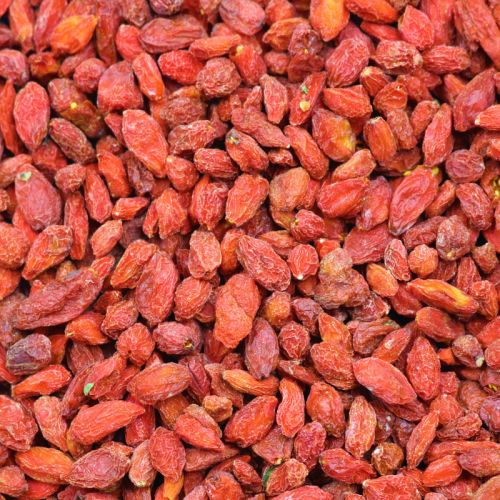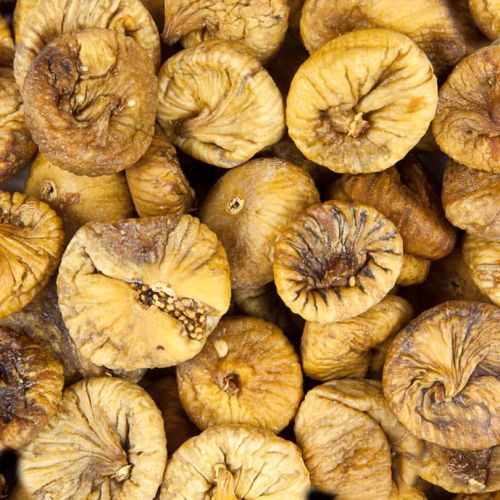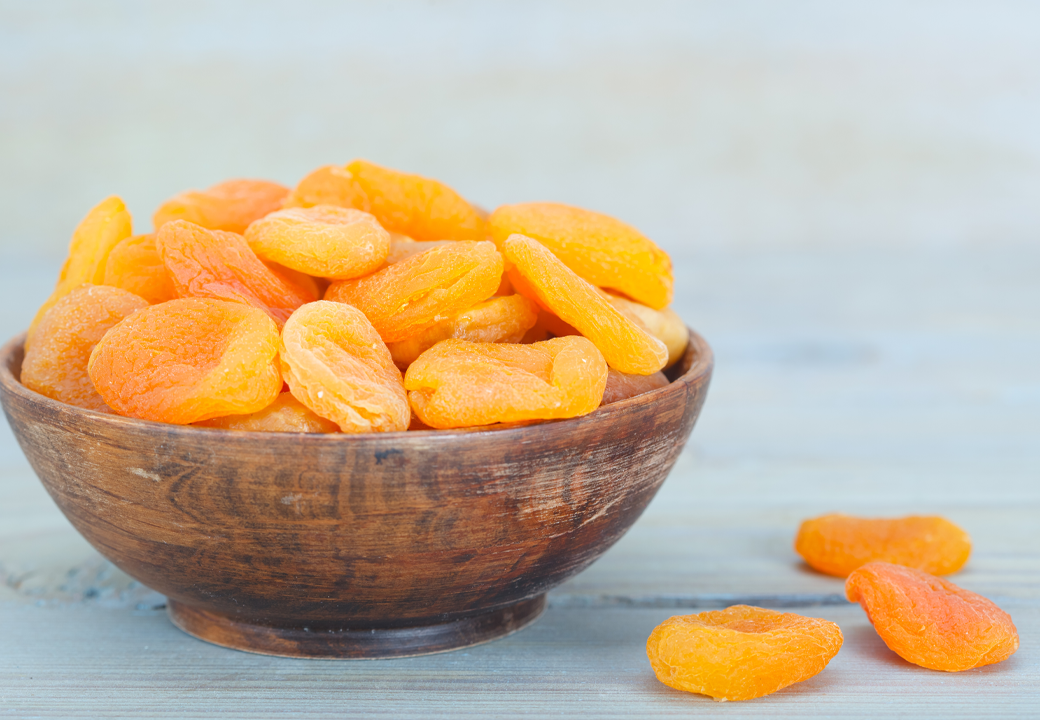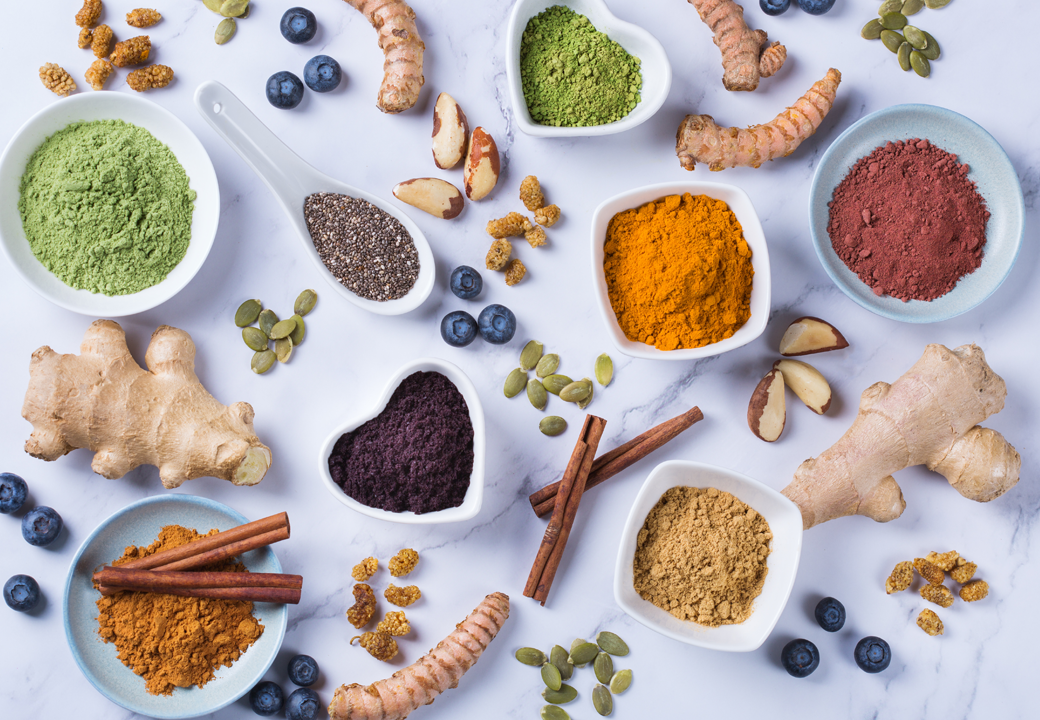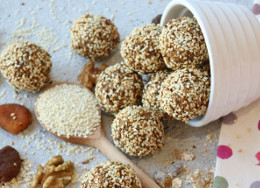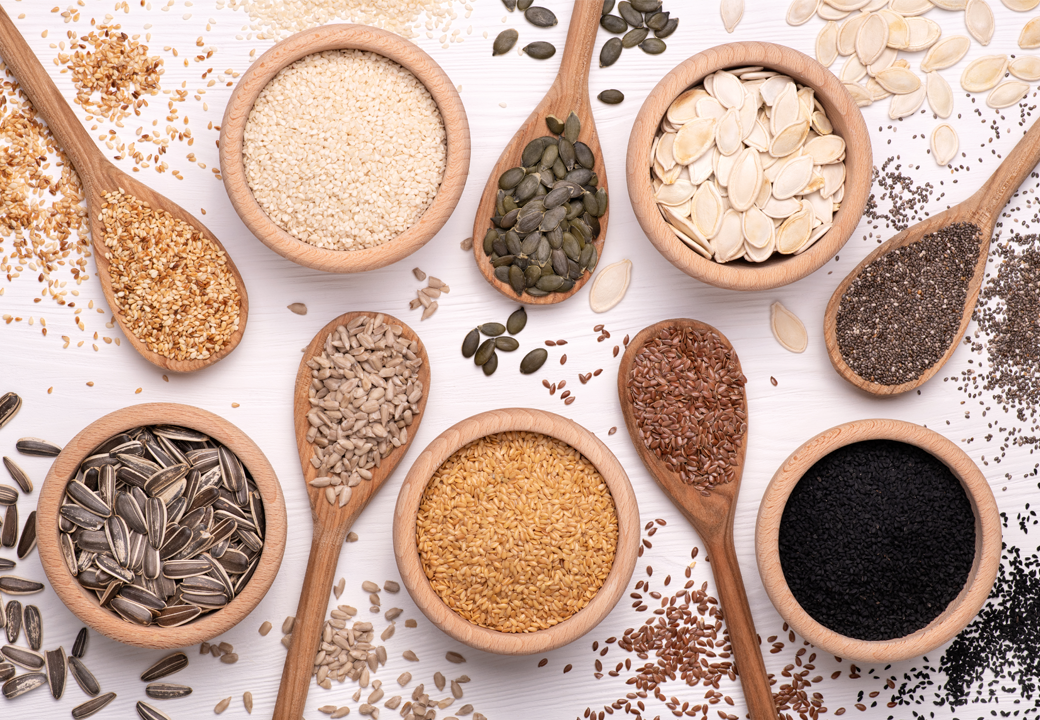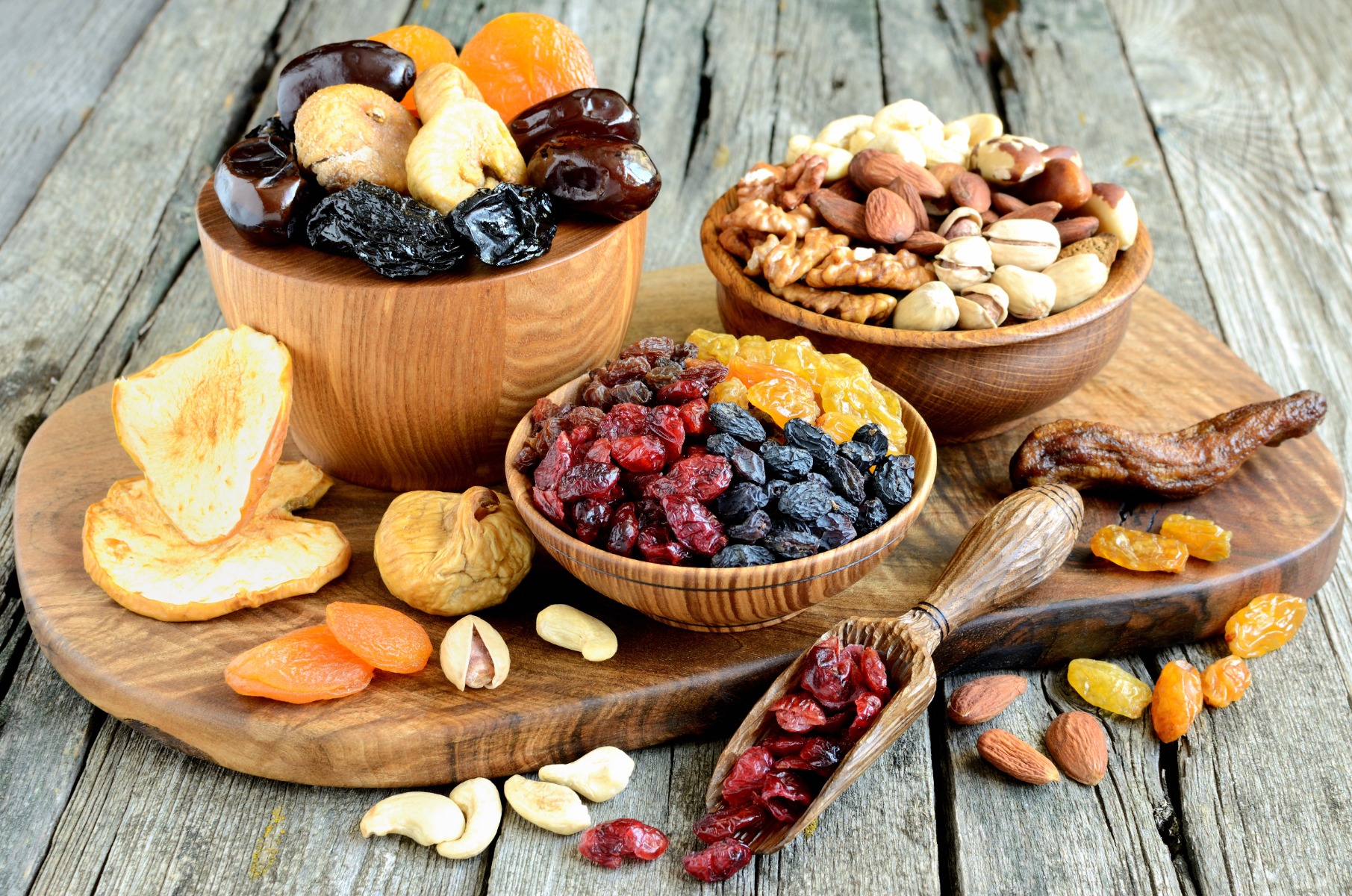
Lets face it. Only one in four of us hits the 5-a-day target for eating fruit and vegetables. But it could be a matter of life and death.
Research makes it clear that the more fruit and veg we consume the less likely we are to fall victim to serious illness like heart disease, stroke, and cancer. Ironically, according to the latest figures from the National Diet and Nutrition Survey, many of us miss the 5-a-day target by just one or two portions a day.
And there is one quick, simple solution. Think dry. Dried fruit is not only delicious but weight for weight contains more antioxidants, minerals and fibre than when it was fresh.
In fact, research has shown that dried fruit can be more beneficial to health than fresh. Scientists at University College London showed that when it comes to making an impact on health only fresh vegetables and salad achieved better results than dried fruit.
In a 12-year study involving 65,000 people in England they found that dried apricots, raisins, dates and the rest came clearly ahead of fresh fruit and fruit juice as well as frozen and tinned fruit and vegetables.
And dried is the easy option in more ways than one. First theres the amount you have to eat. The standard portion of dried fruit, as recommended by the NHS, is just 30g because of course it has all that nutrition concentrated in the drying process. By comparison a portion of fresh fruit is 80g. So simply grab 3 dried apricots and that 4 a day is instantly 5.
But of course, it doesn't have to be consumed in a rush. If cranberries are part of your granola or dates are roasted with your carrots they still bring that 5 a day nutrition to the table.
Then there is the convenience. There is no peeling or coring. And no throwing away the costly fresh food that you didn't quite get to in time.
And of course, dried fruit is delicious. So just one word of warning. As well as all those nutrients, each portion of dried fruit also contains all the sugar from the original fresh version.
So, keep an eye on portion sizes which we have given in brackets in our guide to why dried fruit should be a part of the eating pattern that can be a life saver
Apricots (3)
Those three fruits contain 5gms of fibre, 20 per cent of your daily requirement. Then theres Vitamin A, Vitamin C and potassium to aid the proper functioning of the heart and brain. Plus, iron, zinc, calcium and manganese
Raisins (1 Tablespoon)
High in potassium which plays a critical role in nerve and muscle function raisins are rich in vitamins from the B complex including B6(pyridoxine) as well as calcium, copper, iron, magnesium and selenium. That tablespoon includes 1gm of fibre
Figs (2)
A powerhouse of minerals including potassium, calcium, magnesium, copper, iron and zinc. Those two figs will deliver around 1.8gms of fibre as well as five per cent of your daily requirement.
Prunes (3)
A great source of Vitamin C, which we need to consume every day, and also contain Vitamin K, copper and potassium. A noted source of antioxidants your three prunes contain over half a gram of protein.
Dates (3)
Dates have Vitamin B6 (pyridoxine) which helps the body use and store energy, plus Vitamins A and K. They are a top source of potassium and each has a gram of fibre. Used as a natural sweetener in cooking.
Goji Berries (1 Tablespoon)
Highly rated for anti-oxidants including complex carbohydrates called polysaccharides four of which are unique to gojis. They also have large quantities of Vitamin C, Vitamin A and B2 as well as potassium, iron, selenium and calcium.
Cranberries (1 Tablespoon)
So rich in Vitamin C that your portion will give you 5 per cent of your daily requirement plus almost 1.5gms of fibre. Then theres Vitamin E, Vitamin K, copper and manganese. Also, a source of the antioxidants called polyphenols
